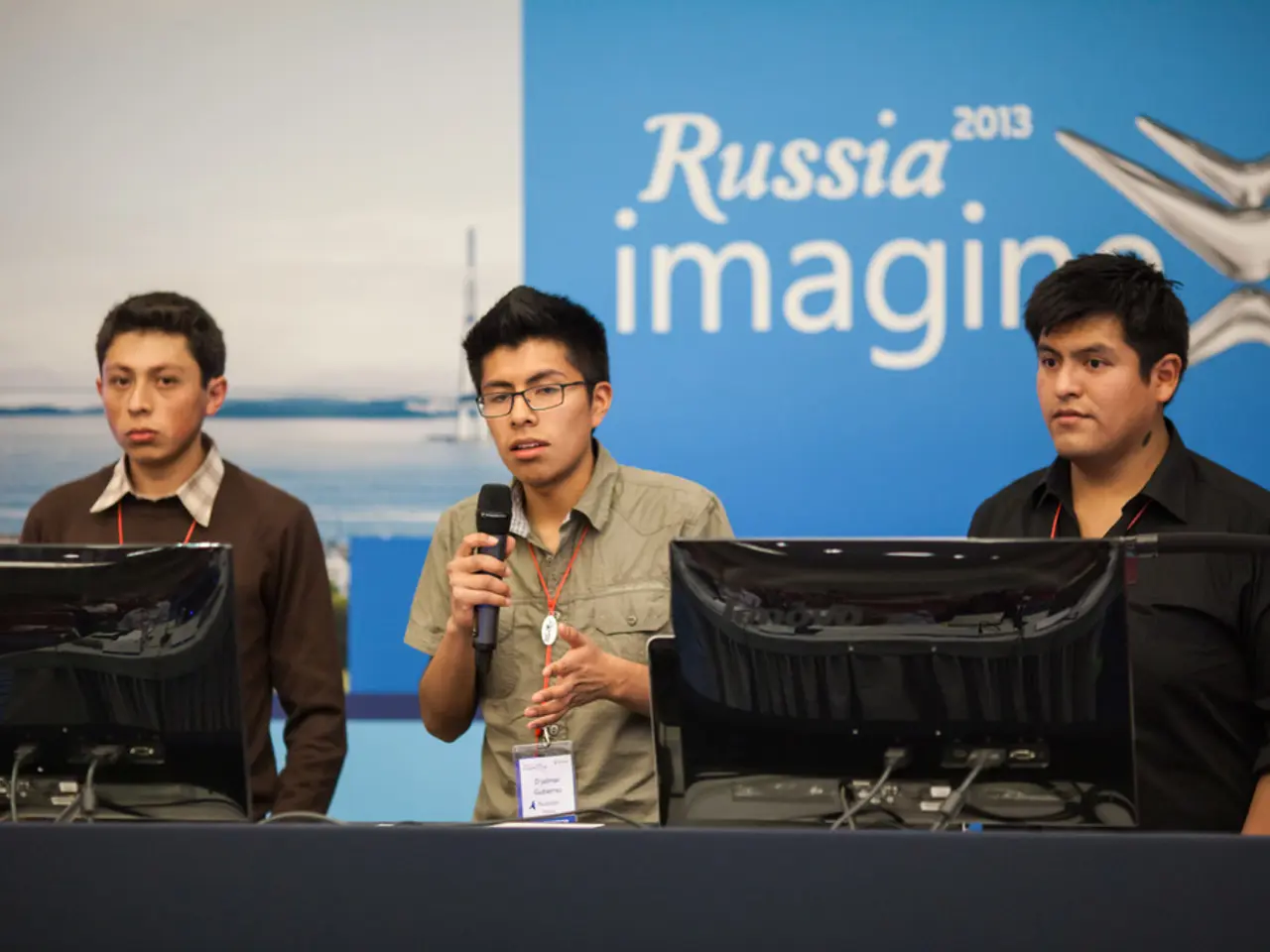Germany's cities with the highest startup launches
In the first half of 2025, Germany has witnessed a surge in startup activity, with a total of 1,500 new companies launched—a nine percent increase compared to the second half of 2024. This growth is particularly evident in the software sector, where 368 new companies have emerged, marking an unprecedented high since the survey began in 2019.
The AI boom is a significant factor in this current startup wave. Industrial solutions such as AI-supported automation have grown by 29 percent, reflecting a strong focus on technology and innovation.
Several German cities have become hotspots for startups in software and AI-supported automation services. Munich, known for its deeptech and software ecosystem, stands out as a top hub. It hosts UnternehmerTUM, Europe's largest deeptech incubator, supporting quantum, spacetech, and mobility startups like Isar Aerospace and Lilium. This strong ecosystem links major corporations (Airbus, BMW), universities (Technical University of Munich), and investors, fostering efficient prototype development, pitching, and leadership coaching.
Berlin, while maintaining its status as Germany's most prominent startup hub with around 500 new companies founded annually, has seen its dominance shrinking relative to Munich. Hamburg, on the other hand, maintains steady startup activity and ranks second behind Berlin in startups per capita. It shows particular strength in fintech and gamified industries, with ongoing support for software startups as well.
Saxony, with Dresden (called "Silicon Saxony") as a key city, has experienced the highest growth rate (71%) in startup foundings nationwide. This region benefits from collaboration between global players (Infineon, Bosch) and research institutions, driving innovation in software and AI-related fields.
Other university towns like Heidelberg, Darmstadt, and Aachen also exhibit strong startup activity, especially fueled by spin-offs focusing on high-tech sectors including AI-supported automation and software solutions.
Bavaria, North Rhine-Westphalia, and Berlin are the regions with the most new startups, in that order. Startup founders in Munich can benefit from support from incubators and accelerators such as UnternehmerTUM.
Berlin and Munich attract a broader mix of ventures, including in the creative industries and digital platforms. Meanwhile, Hamburg and Saxony, with their focus on software and fintech, cater more to technology and science-based startups.
As Germany continues to innovate and grow, these cities will undoubtedly remain key players in the global startup landscape, particularly in the software and AI-supported automation sectors.
- The focus on technology and innovation in Germany's startup scene is reflected in the growth of AI-supported automation, with a 29 percent increase in industrial solutions.
- Hamburg maintains steady startup activity and ranks second in startups per capita, showing particular strength in fintech and gamified industries, such as software startups.




